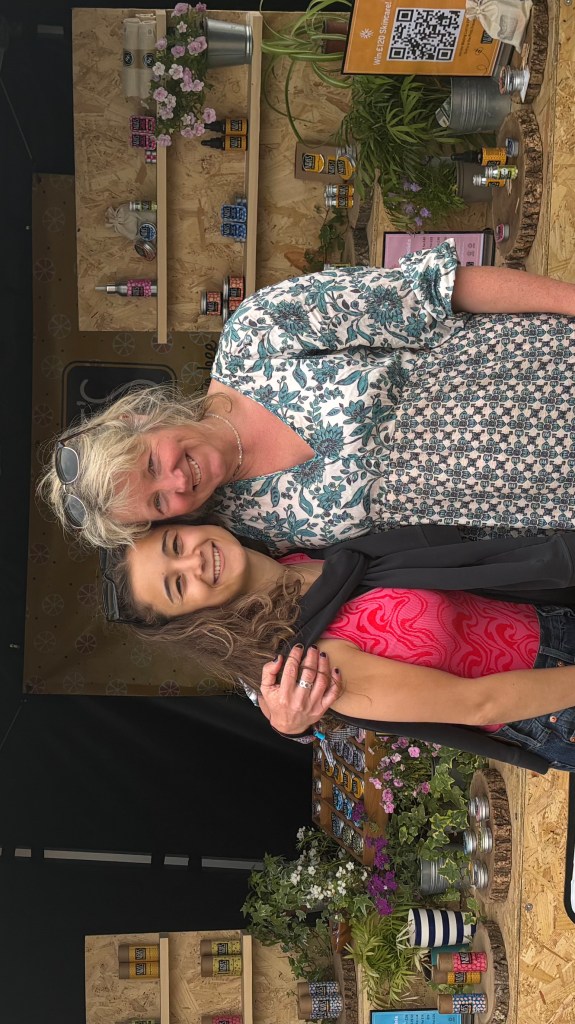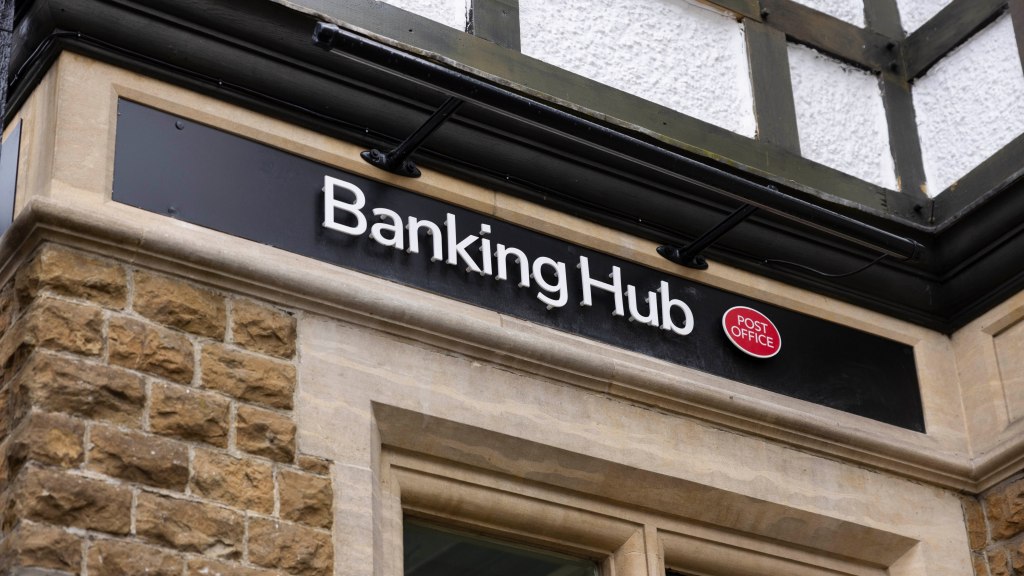The Growing Trend of Entrepreneurship Among Those Aged 50 and Over
Following the tragic loss of her younger son in 2019, Sarah Frame’s life was profoundly altered. Her son, Sergeant Gordon Adam, who had served with the Royal Scots Dragoon Guards, passed away at the age of 35 after struggling with depression. At that time, Frame was 59 years old and working as a business development executive.
In the wake of this loss, Frame felt overwhelmed by her high-stress job and decided to pivot her career. She opened a bookshop called The Book Nook in her hometown of Stewarton, located north of Kilmarnock in East Ayrshire.
As she approached her 60th birthday, Frame thought to herself, “Why not? I needed to find a way to manage my life better, cope with my sorrow, and dedicate more time to my family. It was essential for me to contribute positively to my community and support people’s mental health, particularly in light of my son’s passing.”
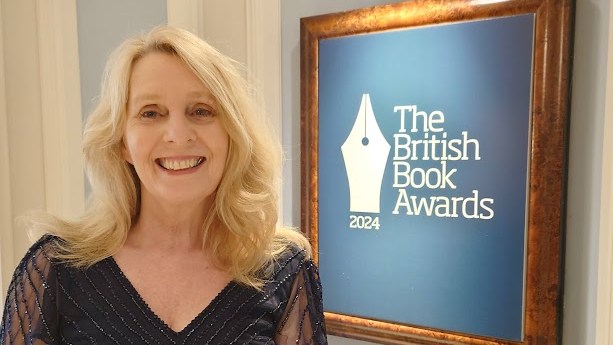
Having no prior business experience, Frame nonetheless crafted a business plan and utilized her savings to establish The Book Nook in December 2020, just two days after her 60th birthday. However, within weeks, the second Covid-19 lockdown ensued, prompting her to focus on online sales before reopening in 2021, uncertain about customer turnout.
Recognizing that relying solely on walk-in customers wouldn’t yield profits, Frame adopted an events-based model, initiating a book festival, hosting reading events, and collaborating with renowned authors to draw audiences for book tours. Her strategy proved successful.
The Book Nook, which currently employs two part-time staff members, has welcomed notable authors, including Booker Prize nominee Andrew O’Hagan, and attracts crowds of approximately 100 people from surrounding areas. In March, the shop earned the title of independent bookshop of the year for Scotland.
“I was genuinely astonished—I had no expectations of winning,” said Frame, now 63. “The recognition has had a significant positive effect on the business.”
This year, Frame announced that the bookshop reached profitability, despite offering all events at no cost to ensure broad accessibility. Additionally, she met her partner, Douglas Skelton, a Scottish crime novelist, through her bookshop.
“This has ushered in an entirely new chapter of my life,” she reflected. “After losing my son, I thought I might never recover. Launching a business at 60 has been pivotal in how I cope with that tragedy, and I hope to inspire others to think, ‘It’s never too late; give it a shot.’”
Frame’s journey mirrors a notable trend of individuals over 50 launching businesses for the first time, often as a means to avoid retirement.
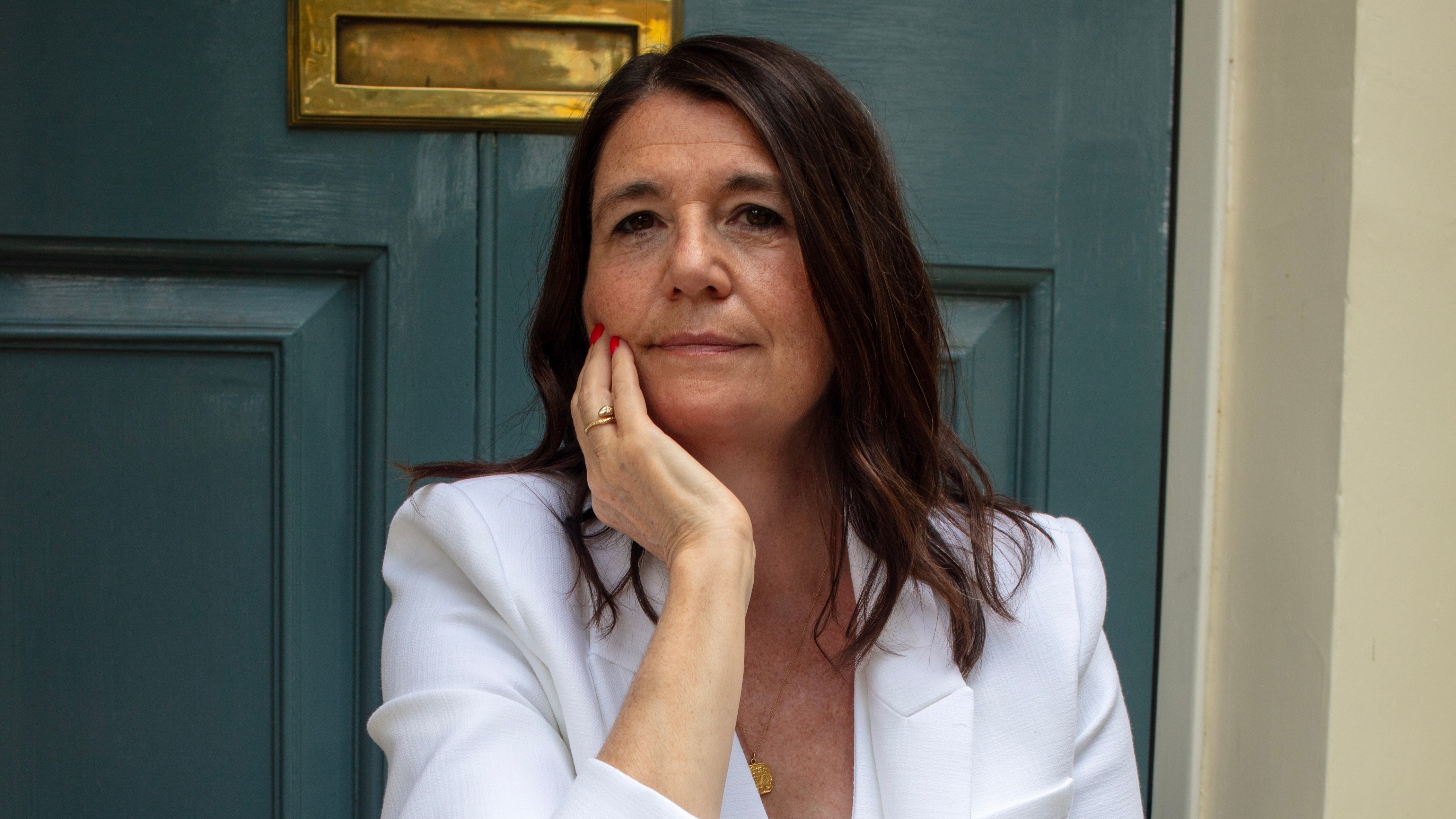
The latest Small Business Barometer from Enterprise Nation indicates that 43% of new businesses are now founded or managed by people over the age of 50, a rise from 35% in mid-2023. Concurrently, recent studies show that individuals aged 60 and older represent 23% of the UK’s freelance workforce.
Many entrepreneurs in this age group feel compelled to start their own ventures following job losses in a market that increasingly favors younger candidates. Since 2022, numerous companies have implemented layoffs, and research suggests that almost half of recruiters consider applicants too old for employment by the age of 57.
Suzanne Noble, 63, previously operated a public relations agency and initiated the Start-up School for Seniors in 2020. The program has assisted 530 individuals in acquiring the skills and confidence needed to transform their ideas into successful businesses. Notably, she has observed a substantial increase in female participants.
“Currently, 90% of our course participants are women,” she revealed. “We aren’t entirely sure if this is a result of more layoffs among women or other factors.”
Other older entrepreneurs express a newfound courage to leave unfulfilling jobs, especially after paying off mortgages and becoming “empty nesters”.
Lyndsey Simpson, 46, founded 55/Redefined, which offers services tailored for professionals over 50. She noted that the primary motivator for older individuals starting businesses today appears to be the lack of job availability or a desire for more fulfillment and flexibility in their current roles.
Simpson added, “The encouraging news is that founders over 50 are nearly twice as likely as their 30-year-old counterparts to create a successful business. They bring invaluable wisdom, experience, and networks to navigate the challenges of entrepreneurship.”
Julie Macken, 54, exemplifies those transitioning from unfulfilling jobs to entrepreneurial success after achieving financial independence.
At the age of 50, Macken launched Neve’s Bees, a natural skincare company based in Oxfordshire, after feeling disgruntled with her former role as a marketing consultant. The realization struck her while attending a workshop in Sao Paulo, Brazil.
“We were advising on marketing strategies to persuade mothers to switch from fresh potatoes to frozen chips, and I thought, ‘What am I doing? I don’t believe in this,’” she recounted.
With a background as an amateur beekeeper and a degree in chemistry, Macken completed a skincare course and started developing her own beeswax products. She felt empowered, having gained financial stability through rental properties and with her children now grown.
Neve’s Bees has since expanded, employing four contractors and achieving profitability, with sales occurring through local retailers, online platforms, and events such as Glastonbury. Macken anticipates her revenue to reach £120,000 this year, projecting an increase to £250,000 within the next couple of years.
“Starting a business later in life is easier; I wouldn’t have dared attempt this at 20,” she remarked.
Some individuals over 50 are even willing to invest their savings in pursuit of meaningful work and a healthier work-life balance.
Taania Wood, 59, who resides in West Sussex, developed ME/chronic fatigue syndrome during her 20-year tenure in a demanding IT program management role. In 2018, she decided to invest her savings in a licensed medical tattooing course that qualifies her to perform areola reconstruction for breast cancer survivors and eyebrow tattoos for victims of acid attacks.
In 2020, Wood, then 53, accepted voluntary redundancy, using her severance to establish her business, Taania Wood Micropigmentation. “I thought, ‘If it doesn’t work, I’ll find something else to do. If I fail, at least I can say I tried,'” she reflected.
Since creating her business, Wood has completed medical and cosmetic tattoos for hundreds of clients and reports that she earns “enough to live on” most months. While navigating the challenges of running a business has been difficult, she is now receiving referrals from private insurer Bupa and has been developing her online presence.
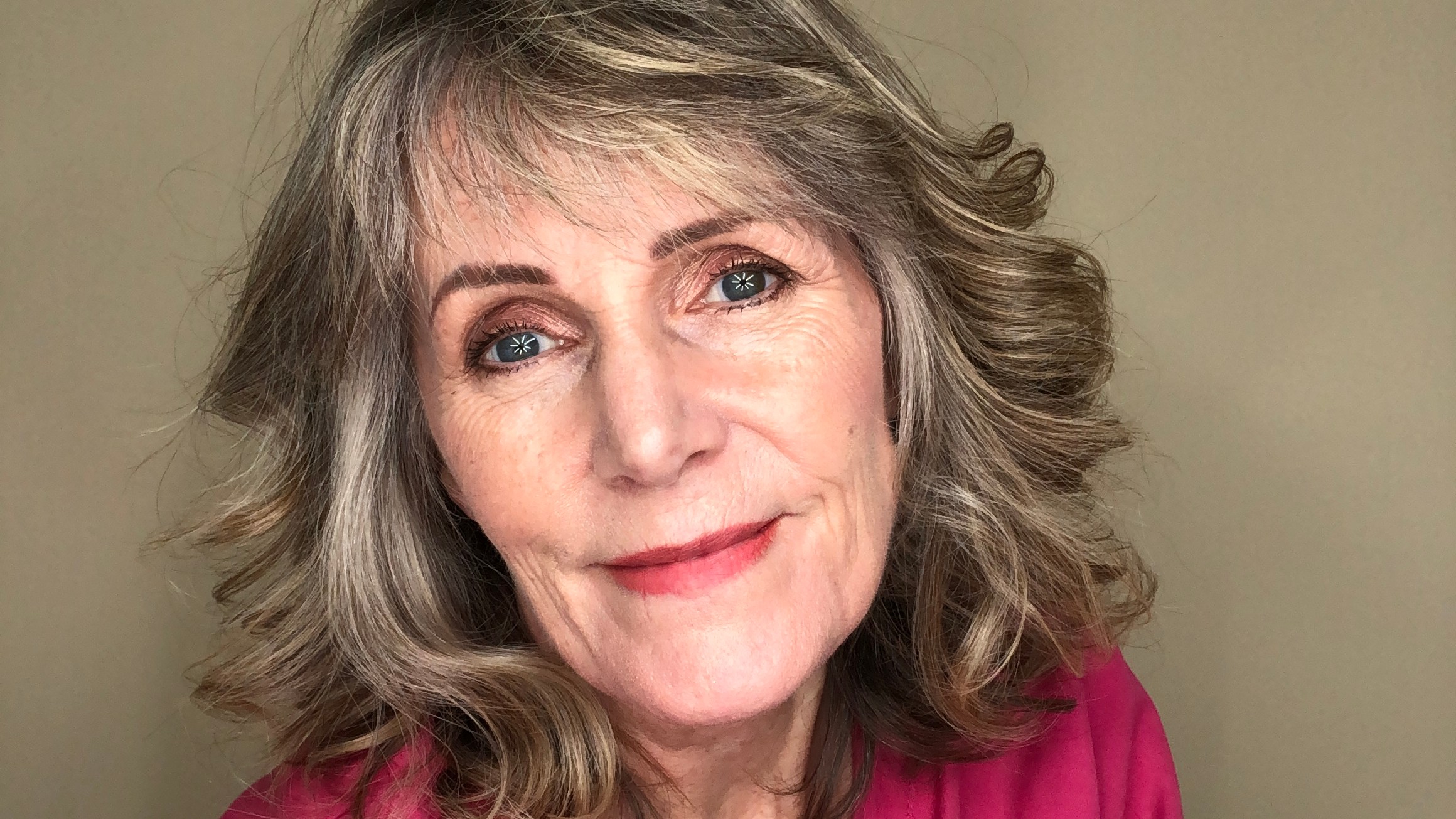
Wood expressed, “This work is incredibly gratifying; you feel as if you’re offering hope and confidence to people. If I won the lottery, I would still continue this work… I wish I had embarked on it sooner.”
Securing funding can present challenges for founders over 50, as venture capital firms, banks, and incubators typically focus on younger entrepreneurs. Many are opting to bootstrap their startups with hopes of validating their business concepts first.
Ann-Janine Murtagh, former executive publisher at HarperCollins Children’s Books, has worked with acclaimed authors such as Michael Morpurgo and Judith Kerr. She launched her first venture in July, Tall House Creative, an agency for authors and illustrators focused on intellectual property.
Self-funding her venture, Murtagh expressed that while it felt risky to start anew, she was inspired by her sons and younger colleagues, who are naturally entrepreneurial.
“It becomes increasingly challenging to embark on a new path after establishing a career,” she acknowledged. “Starting over comes with its difficulties… but the exhilaration of new opportunities invigorates you.
“Creativity has no age limit.”
